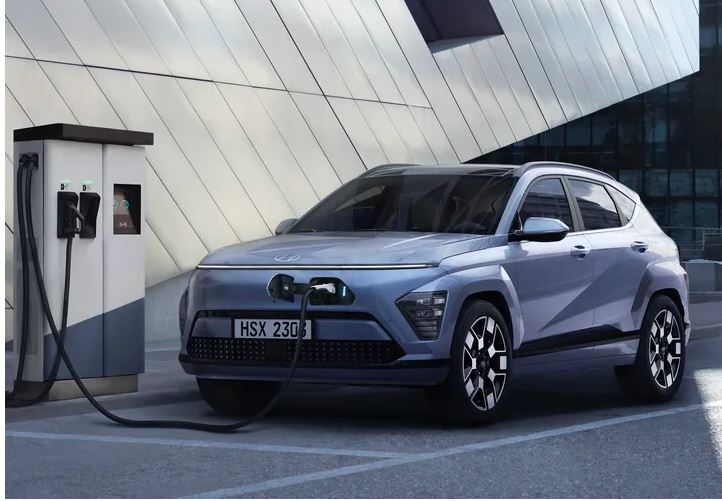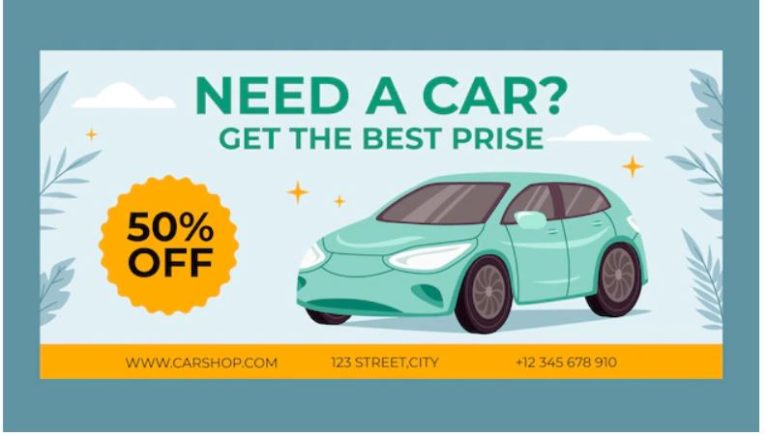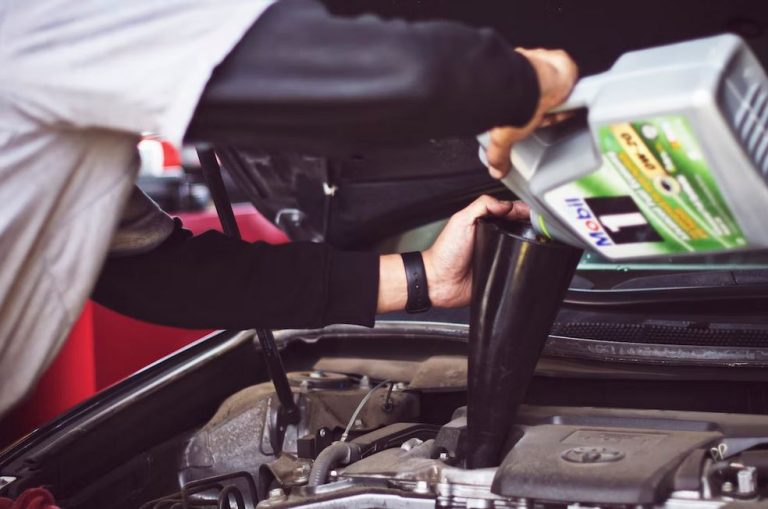Why is Tesla, Ford, GM and Rivian Entering the Insurance Game?
In 2019, Tesla began providing auto insurance in California, and it has since announced plans to extend to Texas, Illinois, and Washington.
Through a collaboration with insurtech Metromile, Ford started offering pay-per-mile auto insurance (also known as usage-based insurance, or UBI) in 2020. General Motors established its OnStar Insurance Agency that same year to provide safe driver-rewarded auto insurance.
Additionally, new automaker Rivian has indicated that it will work with Nationwide to provide UBI to its clientele.
What does it mean for the insurance business that automakers are now offering insurance to consumers? What impact will it have on the distribution of auto insurance? How can an auto insurance employee maintain their competitiveness?
Why are car companies getting into the insurance business?
Let’s look at a few of the reasons why automakers provide insurance to their clients:
Telematics increased data accessibility.
Many thanks to telematics’ advancement and widespread use.
This in-car technology is capable of monitoring driving distance traveled, acceleration speed, braking force, and turn quality. Safe drivers are rewarded with lower premiums under usage-based insurance (UBI), which determines the rate depending on their driving habits.
More information is available to determine the premium based on driving habits through mobile devices or connected cars.
Manufacturers can now access the data generated by these gadgets. They will be able to comprehend their clients on a deeper level as a result. They can gain more insights for creating new products, more individualized pricing schemes, or real-time service delivery with data gathered from driving habits and behavior.
The usage-based insurance (UBI) market is predicted to expand at a compound annual growth rate (CAGR) of about 29% and reach approximately US$190 billion by 2026, according to Acumen Research and Consulting.
By adding vehicle insurance to the package along with their balance sheets, automakers can change the way they interact with their current clientele.
Enhanced client satisfaction:
Direct insurance sales from the manufacturer will result in a more direct interaction with customers and an improved overall customer experience.
For instance, the Driver+ suite of safety technologies is installed in every Rivian vehicle. In addition to any discounts for utilizing the technology that automatically steers and adjusts speed on the highway, users of Rivian Insurance will automatically receive a Driver+ rate reduction.
Reduced Premium Amounts:
Customers of electric vehicles—mostly Teslas—have frequently lamented paying excessive premiums for their auto insurance.
Tesla Insurance used the idea that their rates are 20% to 30% less than competitors’ as a marketing ploy. However, it will be restricted to a specific group of clients.
It’s possible that Tesla selects less hazardous instances and refers more complicated ones to insurers who are better equipped and willing to handle them. Alternatively, in an effort to retain the customer, they may be collecting a cut of the insurance payout.
Does it pose a threat to established carriers?
Depending on who is underwriting the policy, the answer can be both yes and no.
If an automaker establishes a new company to provide auto insurance, consumers will benefit from healthy competition and more affordable premiums.
That is precisely what General Motors, through its subsidiary OnStar Insurance Agency, and Tesla are doing with Tesla Insurance.
But this is just one aspect of the situation. It is only an added-value service to improve the customer experience if a carmaker is merely distributing the insurance and outsourcing the underwriting to an established carrier, such as Ford with Metromile and Rivian with Nationwide.
Undoubtedly, the vehicle insurance industry’s marketing and distribution paradigm is undergoing a disruption, particularly in light of the Universal Basic Income. Instead of going via an intermediary like an insurance agent, auto insurance is being marketed directly to consumers (DTC) and on a far bigger scale.
How do you battle price as well?
Like many other product categories, auto insurance is commoditized. No matter where you get it, it’s all the same. And when they see better prices, folks have been jumping ship for decades.
How should established companies promote their products to remain competitive in light of the recent entry of automakers into the market, who promise to deliver significant discounts to their clients?
In addition to cost, insurance marketers may want to think about the following strategies:
Benefit from the dispersion of partnerships
Not every business, like Elon Musk’s, has the technological know-how to build electric vehicles, insurance plans, and spaceships all under one roof. Carmakers frequently have to move fast to capitalize on an established market.
Similar to how Ford and Rivian have partnered with Metromile and Nationwide, respectively, this kind of business arrangement allows the automaker to access the insurance value chain through outsourcing.
Although partnering with automakers for vehicle insurance makes a lot of sense, consider these two additional collaboration examples that might encourage you.
Amazon Business and Next Insurance, an internet insurance company for small businesses with headquarters in California, recently partnered. Next Insurance provides small-business insurance, including workers’ compensation, professional liability, general liability, and more, to over 5 million Amazon Business Prime members.
One of the biggest providers of P&C insurance in Southeast Asia, Chubb, has partnered with Grab, a FinTech and on-demand transportation platform. Product coverage will be available through the Grab driver app and will provide 2.6 million driver-partners with accident, hospitalization, and critical illness insurance coverage.
Carriers should always be searching for new and creative ways to distribute their goods, particularly via internet markets.
Provide bundle savings:
Who wouldn’t want to reduce their insurance costs? Bundles of house and auto insurance are nothing new.
If a homeowner purchases both policies from the same insurer, they may be able to reduce their premium costs.
More customer-friendly bundles with greater savings should be offered by insurers. What about bundles for pets, cars, and homeowners or renters?
It is, after all, a win-win situation as the total premium per person will rise over time as people purchase more insurance to save more from one provider.
Create an insurance ecosystem to improve client satisfaction:
Insurance ecosystems, as defined by McKinsey, are interrelated service sets that come together to form a single, integrated experience that allows insurers to seamlessly incorporate their insurance products into client journeys.
Let’s examine a few instances, shall we?
Policyholders of the insurtech company Hippo, which specializes in homeowner insurance, could take advantage of smart home monitoring services. The device picks up on temperature fluctuations, leaks of water, smoke alarms, opening and closing windows, doors, and garages within your house. When something is unusual, sensors will notify a homeowner’s smartphone.
Every Oscar subscription includes access to Oscar Care, which allows users to make phone and video appointments with their network of excellent medical professionals.
Additionally, Oscar provides its policyholders with a search engine to locate in-network physicians, hospitals, pharmacies, and other providers with ease.
The insurance ecosystem is a value-added offering that raises client involvement all the way through the user experience. They will become more devoted to the service the more they use it and depend on it.
You can get car insurance quotes online in the comfort of your home or smartphone.
Make the application procedure simpler:
Nowadays, when options are at your fingertips and anything can be purchased from the comforts of your home with a few clicks, consumers demand an Amazon-like shopping experience—even when it comes to purchasing insurance.
The goal of Haven Life is to make buying life insurance easier and more efficient. A potential customer can apply for term life insurance online and obtain rates.
They are aware that when applying for life insurance, about half of Americans would prefer to forego medical examinations. You never have to go through a medical test to be authorized for a policy; you can get approved in a matter of minutes.
Learn about Auto Draft.





